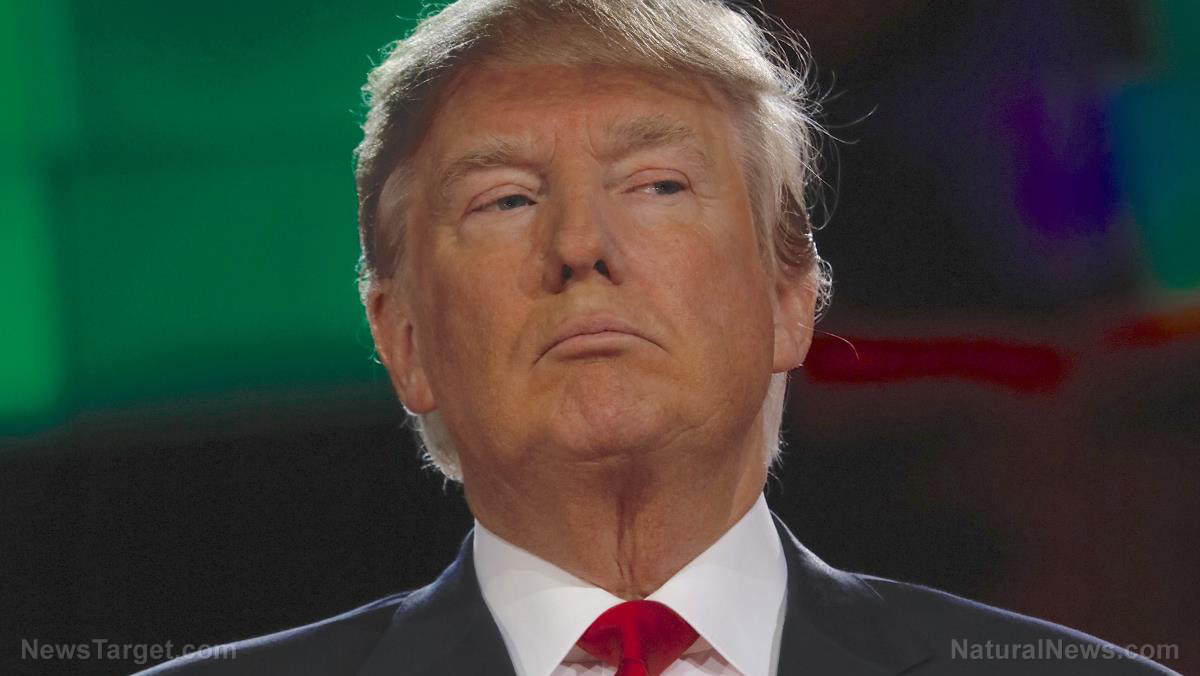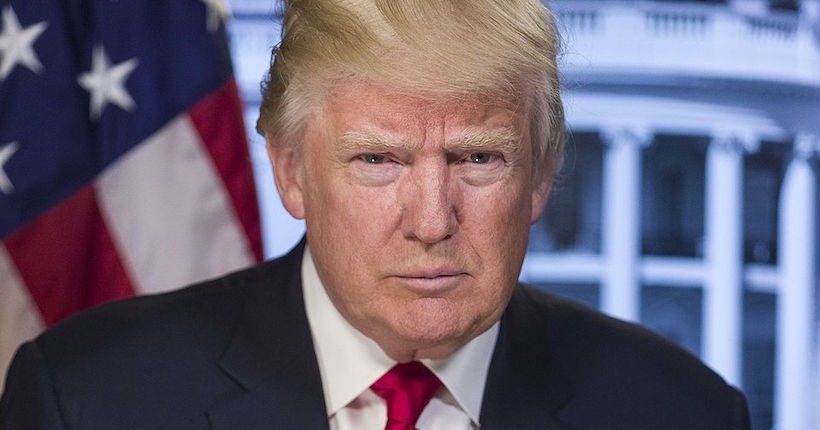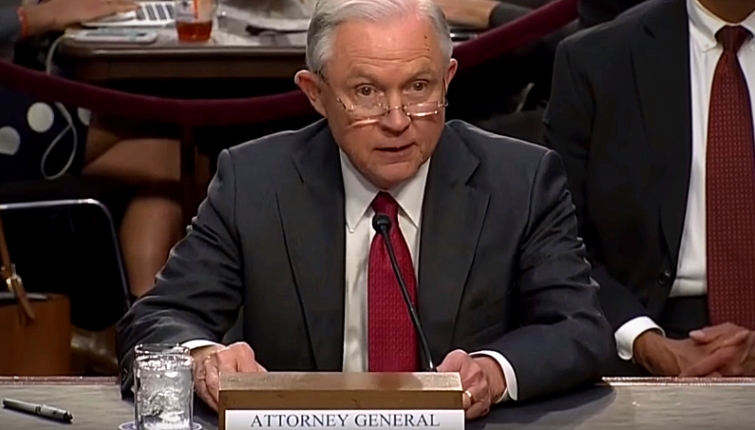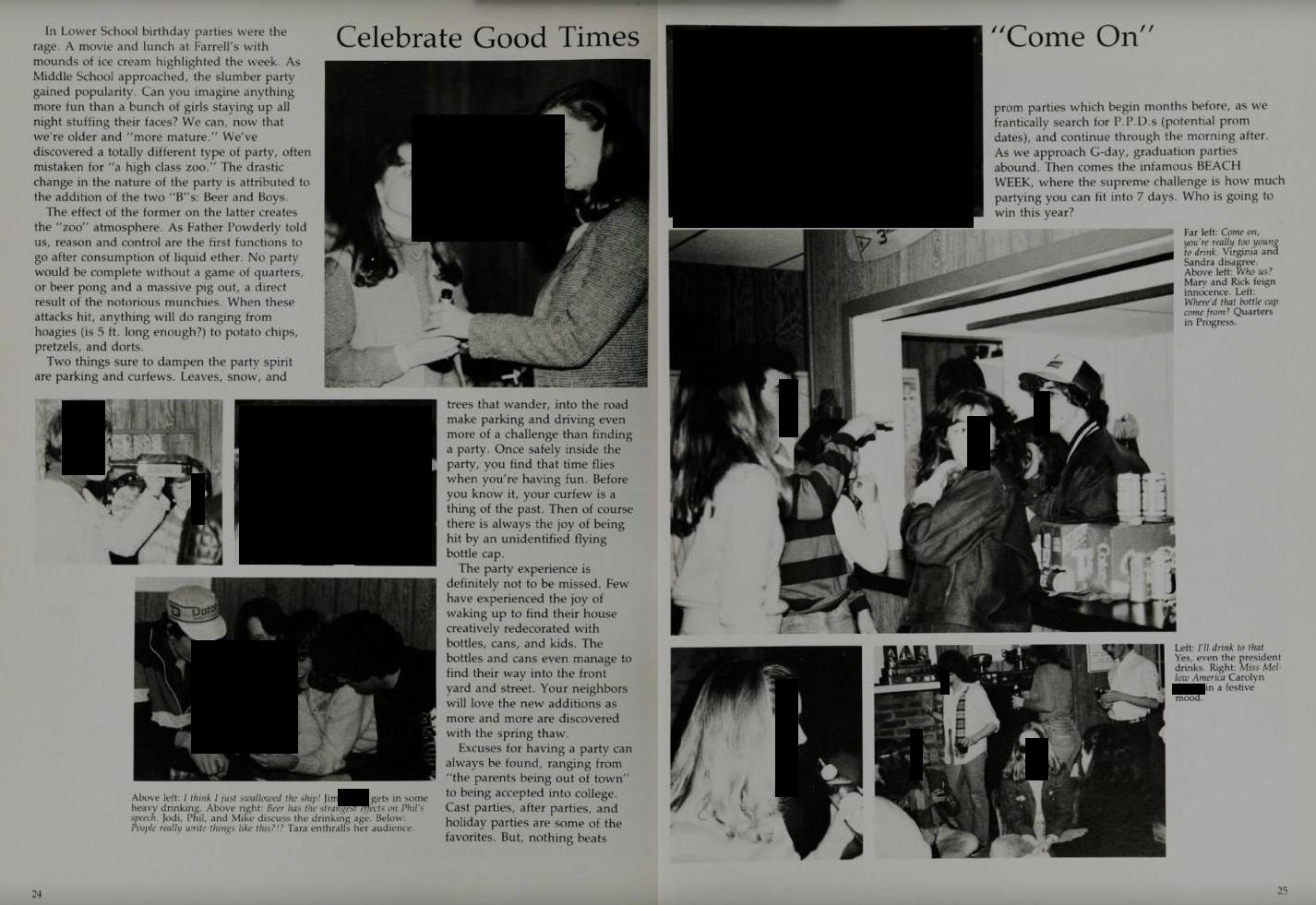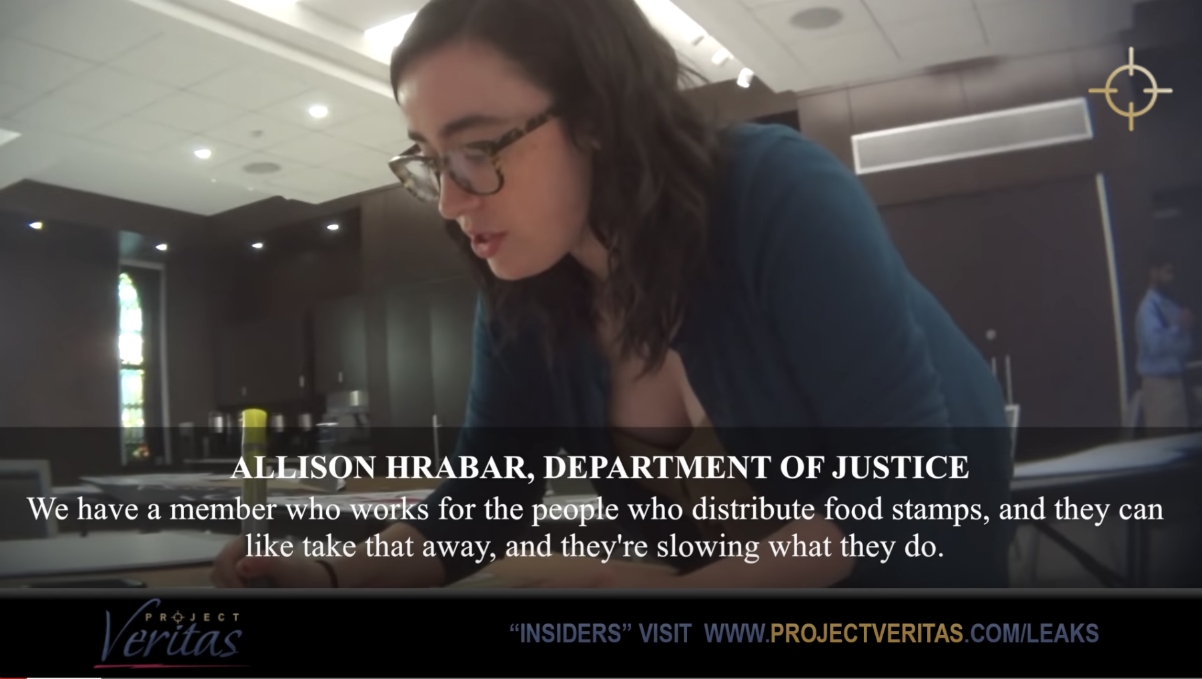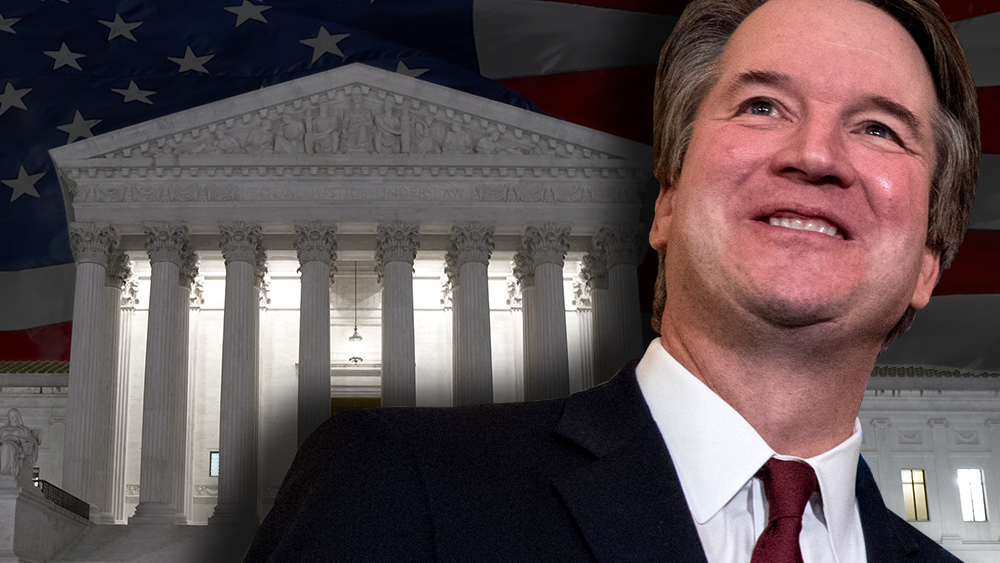Senate bill to combat the opioid epidemic just another handout to Big Pharma
09/21/2018 / By Vicki Batts

The new Senate bill intended to combat the opioid epidemic just passed with a nearly unanimous vote of 99 to 1. The piece of legislation, named Synthetics Trafficking and Overdose Prevention (STOP) Act sets its sights on drug trafficking by requiring the U.S. Postal Service to keep electronic records on incoming foreign shipments, like information on package contents and the packages’ senders. The bill will also include funding for treatment and increase the availability of specific pharmaceuticals used to “treat” addiction.
While the bill seems benevolent, it seems that Big Pharma is ultimately going to be benefiting the most from this new arrangement. On what green Earth does it make sense to treat drug addiction with more drugs? And not just any drugs — but more opioids.
Big Pharma cashes in on opioid epidemic
Big Pharma is ultimately the driving force behind the opioid epidemic; reckless marketing of their highly addictive products has long been attributed to the staggering rates of opioid addiction and death.
In fact, the state of New York recently sued Purdue, maker of OxyContin, for “running a decades-long scheme to mislead doctors and patients by overstating the ability of opioids to improve bodily function, while downplaying the risk of addiction.”
Now lawmakers want to put the salvation of opioid addicts right back into the hands of Big Pharma — a choice any rational person would see as a big, flaming red flag. At the very least, the pharmaceutical industry has made it clear that they cannot be trusted.
While the bill does boast some good points, like funding research and recovery centers, the sections intended to double the amounts of buprenorphine being prescribed are more likely to benefit Big Pharma than patients.
ZeroHedge reports ,”The measures would more than double the number of patients to whom doctors can prescribe buprenorphine, a drug used to treat opioid addiction, to 275.”
Buprenorphine is not just “a drug,” it is an opioid medication.
Yes, our lawmakers are proposing that we treat opioid addiction with more opioids. Because that’s what Big Pharma says will “work.” Buprenorphine is considered a “partial opioid antagonist” so it is not as “powerful” as “full antagonists” like oxycodone. This supposedly makes it “safer” and “less addictive,” but only when compared to stronger drugs like heroin.
Regardless, it is still an opioid drug. Ultimately, the suggestion that opioid addicts take buprenophine instead of oxycodone is equivalent to suggesting an alcoholic drink beer instead of vodka.
More importantly, buprenophine is merely the next wave of Big Pharma’s pseudo-cures for the opioid epidemic they created. Before buprenophine, there was naloxone. Naloxone was heralded as the “cure” for opioid abuse just a year or two ago, but recent research has shown that increased access to the drug actually created more overdoses than it prevented.
Also known as “the overdose drug” or “Narcan,” it too is an opioid antagonist. Researchers have found that more access to naloxone produces a “moral hazard.”
Big Goverment keeps real medicine illegal
While the FDA carelessly continues to approve of highly addictive opioid drugs at Big Pharma’s behest, federal prohibition on cannabis is keeping a natural solution to the opioid crisis out of reach. Cannabis, while also a drug, is far less addictive than opioid drugs and has an exponentially lower level of risk to the user. Some states are now experimenting with the plant as a treatment for addiction and helping patients to wean themselves off opioids completely, rather than giving them a substitute opioid.
Many people have called for cannabis to be given the green light as an alternative to opioids entirely.
Ultimately, the move to make buprenophine more available is intended to serve the pharma industry and not the people of this country. If Big Government cared about the health of its constituents, it would stop putting a premium on corporate interests.
See more stories about dangerous pharmaceuticals at Medicine.news.
Sources for this article include:
Tagged Under: addiction, bad drugs, Big Pharma, Collusion, corruption, evil, harmful medicine, insanity, ludicrous law, opioid epidemic, Opioids, toxic drugs

